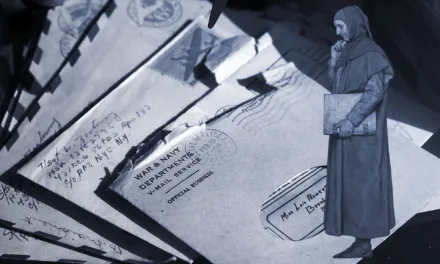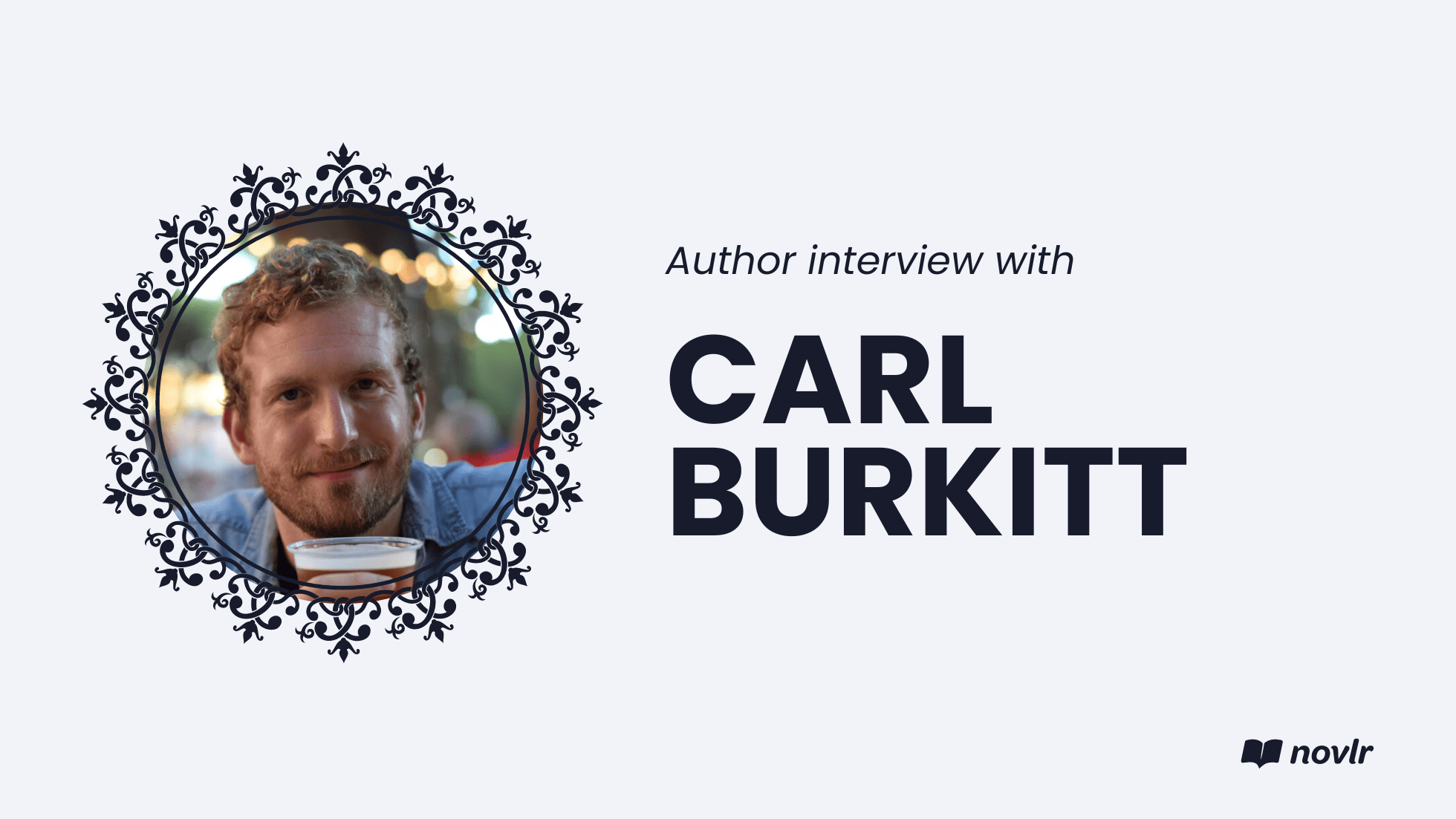
6 Ways to Use Your Favourite Books for Writing Prompts

The best way to be a writer is to write. But we all need inspiration from somewhere, and sometimes, the ideas just don’t flow. You can use your favourite books for writing prompts when you are stuck for words and don’t know where to turn. The books you love are there as a source of free, almost infinite inspiration.
Writing and reading are two intrinsically linked activities, so using what you read as a jumping-off point to kickstart some ideas can generate some fascinating combinations. These are my top six ways to use my favourite books for writing prompts that provide unique inspiration every time.
Make it random
Choose any book from your shelf. If you need to generate some creative ideas for a specific story, choose a book from a similar genre, but I tend to just choose a random book off my shelf and go with that option.
The next step is to roll some dice. Use up to 3 regular dice, or use some D&D dice if you have them to get granular about the numbers. I usually roll a D10 and a D20 as they have zeros on the faces, so can give me anything from a 1 to a 3-digit number. Then, roll one dice to give you the paragraph number (I usually roll a D20 to give myself the biggest range).
The first sentence of the paragraph on the randomly selected page is your writing prompt.
When I did this recently, using Marisa Meyers’ Gilded, the prompt I got was, “Her mother was the mistress of the god of death, and had been taken back to Verloren.” It generated a tonne of amazing ideas.
The trick with this prompt is to remove the sentence from context. Don’t read around it. And don’t put it in a narrative context. Just look at the words, and use those to inspire you.

Create new scenes within a story’s lore
For this one, choose a story you’re familiar with. It can be your favourite book, one you know well, or just one you’ve read recently and is still fresh in your mind. Think about the characters, and choose two in the story who either never interact or who interact very little.
For this prompt, write a new scene set in the story world in which these characters both appear and are forced to interact. This not only helps you analyse narrative arcs, which will help you improve your writing, but it can also help prompt wonderful ideas about how characters respond to each other in unusual situations.
An example of this might be writing a scene between Aragorn and the Sackville-Bagginses from J.R.R. Tolkien’s Lord of the Rings series. We only ever see these characters in a particular context, but you could have a lot of fun imagining a scene in which they are forced together. How would their different worlds collide, and the different relationships they have with Frodo and Bilbo Baggins cause tension?
What if?
One of my favourite writing prompts is to just ask the question, “What if?”
What if Anne Shirley, from Anne of Green Gables had never been adopted by Matthew and Marilla Cuthbert? What if Katniss Everdene had never volunteered to take her sister’s place in The Hunger Games?
A character’s choices are a huge determining factor in the way a story plays out. Take one of your favourite stories and pinpoint the narrative turning point, then write a what-if scenario that turns that narrative on its head.
Fan-fiction writers do this a lot when they create AU fics (alternate universe fiction), and it’s a great way to be imaginative while playing in the sandbox of someone else’s creation. They’ve done the hard work of character development and worldbuilding, leaving you to explore alternate narrative ideas and writing techniques.
I love this prompt because while you use someone else’s work as a jumping-off point, the ideas that come from it are completely your own. The inspiration you gain from someone else’s world gives you the opportunity to come up with new and innovative ideas that you can later incorporate into your own projects.

Self-insert
While self-inserts in fiction often have a bad reputation, there is a lot of value in using them as a writing prompt. There are very few things you can ever know as well as you know yourself, so being able to write yourself into a completely fantastical situation can really help you explore character motivations and settings.
Write yourself into your favourite book, or choose a book from a genre that suits your current project. Imagine finding yourself in that fictional (or historical) world. Imagine taking tea with Alice and the Mad Hatter from Lewis Carrol’s Alice’s Adventures in Wonderland? How would you survive as yourself in the historical world of Outlander if you were sent back in time like Claire Fraser?
Whatever book you choose, explore what you might experience. What does it sound, taste, and smell like? What is the same, and what is different from your world? How would you interact with characters you know and love in real life, as opposed to just reading about them? Are there any character flaws you may not have picked up on when reading but that might grate with your own personality?
There is so much potential when you self-insert as a writing prompt, and you’ll learn a lot about character conflict and worldbuilding.
Focus on dialogue
This is a writing prompt that is not for the faint of heart. Writing realistic dialogue is amongst the hardest tasks a writer can undertake, but there is so much to be gained from going the extra mile and making it the focus of some of your writing exercises.
Using books you’re already intimately familiar with is the best way to create a writing prompt to really do a deep dive into creating realistic and engaging dialogue. For this prompt, you’ll rewrite a scene from a beloved book using only dialogue. Don’t do any scene setting, don’t do any emotional exploration. Literally, have your characters tell, don’t show.
Flipping conventional writing wisdom on its head like this is a fantastic way to see how much heavy lifting your dialogue can really do. If you have to rely only on dialogue to tell a story, then you have to be more particular about word choice. You need to be able to convey emotional intent and location just through the experience of the characters in that scene. While it may not be the best way to generate ideas, it does encourage writing with intent. Being forced to think about every word really helps in building that ever-elusive writing habit.
Mix and Match
This is one of my all-time favourite prompts because it’s just so much fun!
Take two characters from different books you love and write a scene in which they are brought together. You can make this as easy or as difficult as you like.
Books in the same genre make for more organic interpretations in which you can explore character and worldbuilding. But books from wildly different genres can generate some really interesting ideas.
How would a character like Egwene from Robert Jordan’s Wheel of Time series fare if she found herself in the Cyberpunk work of Philip K. Dick’s Do Androids Dream of Electric Sheep? What if Philip Marlowe from Raymond Chandler’s The Big Sleep found himself investigating the case of Nick and Amy Dunne from Gillian Flynn’s Gone Girl?
There is so much potential for the imagination when combining two works to create something new. Don’t be afraid to go crazy, and really let your imagination run wild. You’ll be amazed at what you come up with and how it can help you generate ideas you might never have come up with otherwise.
Summing up
Writing prompts are fun, but they’re also so much more. When you find yourself unable to write, sometimes exploring your own creativity is just the kick you need to get you writing.
Writing for yourself, and not in service of a specific project, has value in its own right, but you’d be surprised how many times just working within the confines of a writing prompt can help generate sparks of ideas that you will incorporate into your writing projects. If you need inspiration, you don’t need to do anything complicated or fancy. Just look to your favourite books for writing prompts.






























